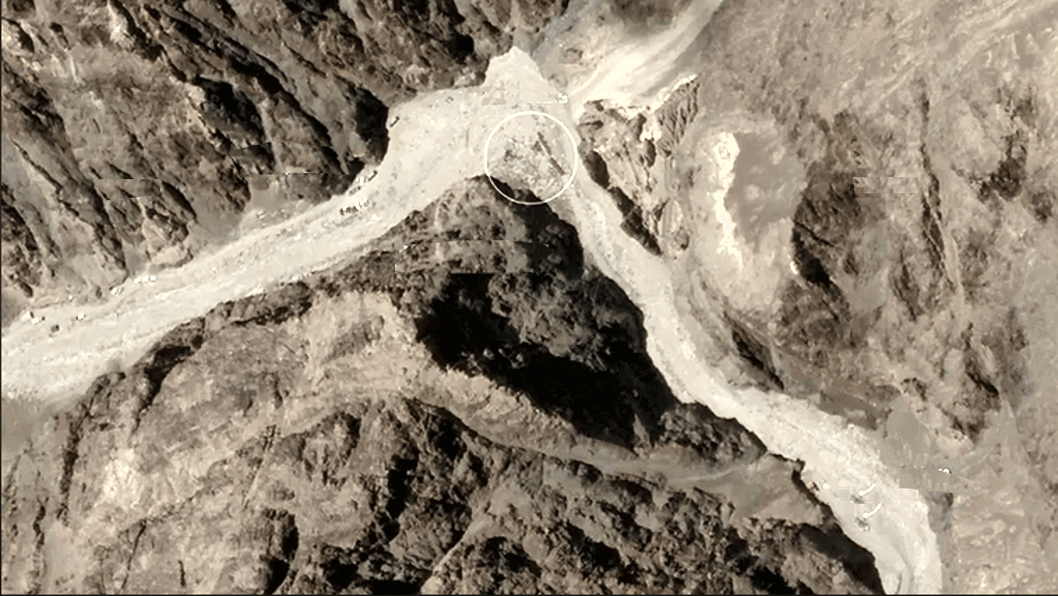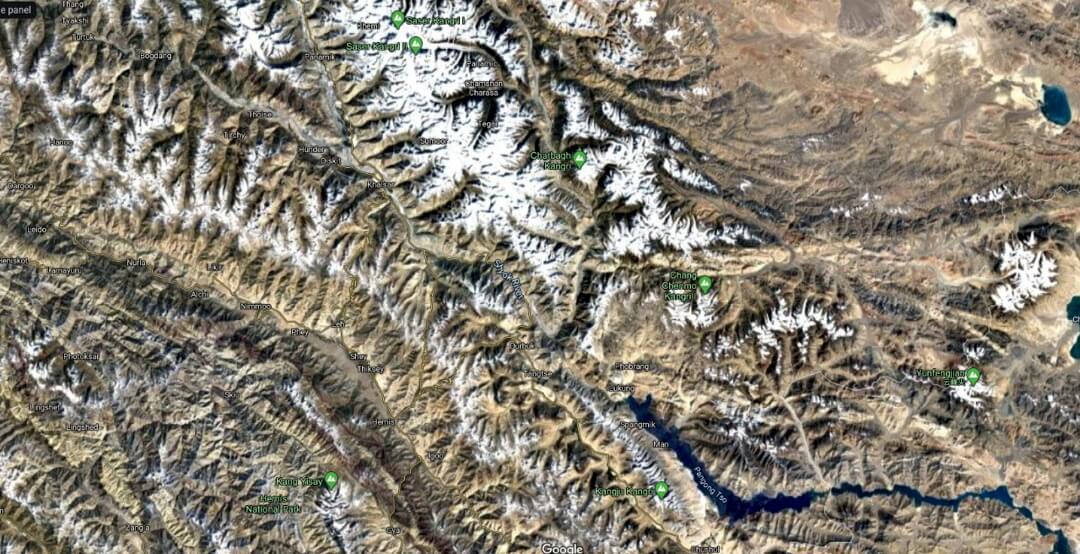For Genuine Peace and Tranquility along the China-India LAC

FOLLOWING the July 5 talk between designated Special Representatives (SRs) of both China and India, there are now some early welcome indications of disengagement of troops and de-escalation of tension along the China-India LAC in Ladakh. The SR from the Indian side is National Security Advisor Ajit Doval while Chinese Foreign Minister Wang Yi is the SR from China. Statements issued by both sides after the talk stress peace and tranquility in the border areas and improved bilateral relations and talk about phased disengagement and retreat of troops on both sides. Both sides have referred to the need for continued talks through the established framework of bilateral relations to reach a negotiated settlement.
The proposal of mutual retreat indicates the creation of a buffer zone around the LAC. While this is likely to reduce chances of friction between the two sides, the impression that India has lost control over some territory in Galwan valley, Pangong Tso and Depsang Plains areas continues to persist. Clearly, if one views the proposed pullback in the light of Modi's blanket denial of any incursion or intrusion into Indian territory at the 21 June 'all party meeting', the pullback will not take India back to the pre-standoff status quo ante. The misleading silence of the Modi government on the exact state of affairs on the LAC can only appear more intriguing in the wake of the agreed pullback. While welcoming the resumed process of bilateral negotiations, we therefore insist on our demand for a White Paper from the Modi government on the current situation on the LAC.
If disengagement and de-escalation is the real purpose, if differences are not to be allowed to degenerate into disputes then we cannot expect it only from the Chinese side. India too must take a proactive role in this direction. We already have a border dispute threatening to grow into another war which will be in the interest of neither India nor China. Both India and China currently appear to be rightly trying to avoid that course. But is it necessary to compound the border dispute with a trade war? Why cannot we treat the border dispute only as a border dispute without letting it affect the entire gamut of our ties with China?
The knee jerk reaction of banning 59 apps made by Chinese companies is precisely the kind of response that a mature India must avoid. Ravi Shankar Prasad made a laughing stock of himself when he announced the ban (without, characteristically, naming China) as a measure to protect the "safety, security, defence, sovereignty & integrity of India and ...data & privacy of people of India". This claim was made when as recently as 17 March Union Minister of State for Home G Kishan Reddy had categorically told Parliament that there was no threat from Tik Tok and hence no proposal to ban it. And as for data theft and invasion of privacy, several of the American and our own Indian companies and apps are no less guilty of it.

The hysterical clamour for boycott of Chinese products is another case in point. China is India's largest trading partner and Chinese imports play an important part in much of Indian manufacturing, especially in the pharmaceutical industry where India is a global exporter. It is one thing to reduce our dependence on China or, for that matter, any other country and promote our self-reliance, but using the boycott call to target India's own consumers and traders and jeopardise ongoing Indian projects and investments, and harm the economic interests of millions of Indians whether as workers or traders or investors, is certainly not in India's interest.
In his recent speech from Leh, PM Modi denounced expansionism and advocated, developmentalism. The fact is China is expanding its influence and stakes precisely by using the agenda of economic and infrastructural development and India cannot contend with China by just staying out of every regional platform or initiative involving China. Apart from being the only country in the neighbourhood staying out of the controversial and massive multi-country multi-continent Belt and Road Initiative, India has now also opted out of the Regional Comprehensive Economic Partnership involving the ASEAN countries (Brunei, Cambodia, Indonesia, Laos, Malaysia, Myanmar, Philippines, Singapore, Thailand and Vietnam) and currently five of ASEAN's Free Trade partners (Australia, China, Japan, New Zealand and South Korea). Ironically, India was very much part of the RCEP plan from the very beginning, taking part in all the twenty eight rounds of negotiations since 2013 and even hosting two of these rounds after the Modi government came to power (sixth round, held in New Delhi, 1-5 December, 2014, and the 19th round, held in Hyderabad, 24-28 July 2017), and the region is nowadays being called the Indo-Pacific region by the US and many of the ASEAN countries themselves.
India’s growing strategic embrace of the US and Israel is no substitute for this increasing isolation in our own neighbourhood and the larger Indo-Pacific or Asia-Pacific region. We should understand that the US plan of diverting its troops from Europe to the Indian neighbourhood is only part of the American attempt to fish in troubled waters (and keeping the waters troubled for that purpose). How much the US actually values India as a friend has been repeatedly exposed, most recently by the Trump administration's announcement of cancelling visas for online education which will affect Indian students in a big way.
Atmanirbharta or self-reliance cannot be a selective slogan used only in the context of China and especially to hide, or even justify, India's growing and humiliating subservience to the US. Delinking the border dispute with China from trade and other ties, bilateral, regional and multilateral, and freeing the long-term thrust of foreign policy from short-term calculations of domestic politics are the need of the hour. A combination of domestic politics and foreign policy that pushes India into a warlike situation with neighbouring countries befTamilnadu Protests Atrocities on Dalitsore every major election can only be disastrous for the Indian people and Indian democracy.
Charu Bhawan, U-90, Shakarpur, Delhi 110092
Phone: +91-11-42785864 | +91 9717274961 E-mail: info@cpiml.org

